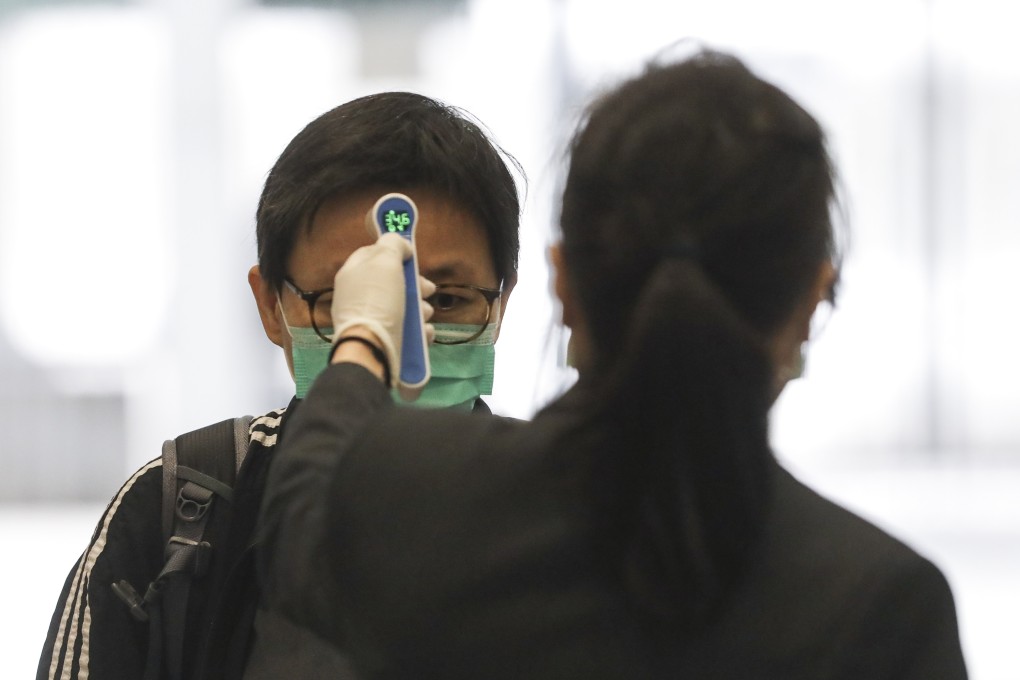Letters | Security guards who helped in Hong Kong’s pandemic fight have been forgotten
- Readers discuss the workers left out of the government’s pandemic fund aimed at helping frontline workers, and Taipei’s calmness in the face of Beijing’s military exercises

In February 2022, the government announced another round of financial aid. This time, security guards working in residential buildings without management services were made eligible, but not security guards working in a private residence.
Security guards rendering their services to private residences have been more affected by the pandemic than their counterparts who work in buildings with management services.
Buildings with management services have more employees on roster, so staff get a longer break. Many workers also manage to share a taxi ride going to and from work.
But security guards working in private residences are a “one-man army”. They are the security guard and the management staff all in one, and have to do everything by themselves. They don’t even get a one-hour meal break.
As these private residences without management services tend to be located further away from the city centre, the commute is longer. And when these security workers have to take a taxi to reach their workplace on time, owing to pandemic-related changes in the roster, they have to pay for it all by themselves.